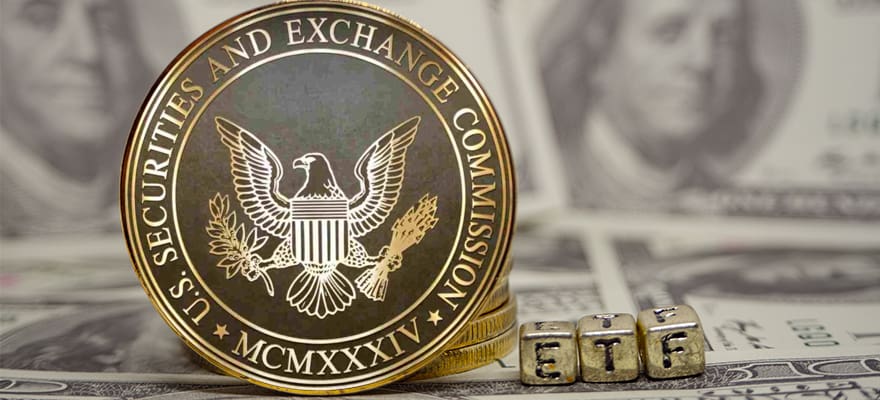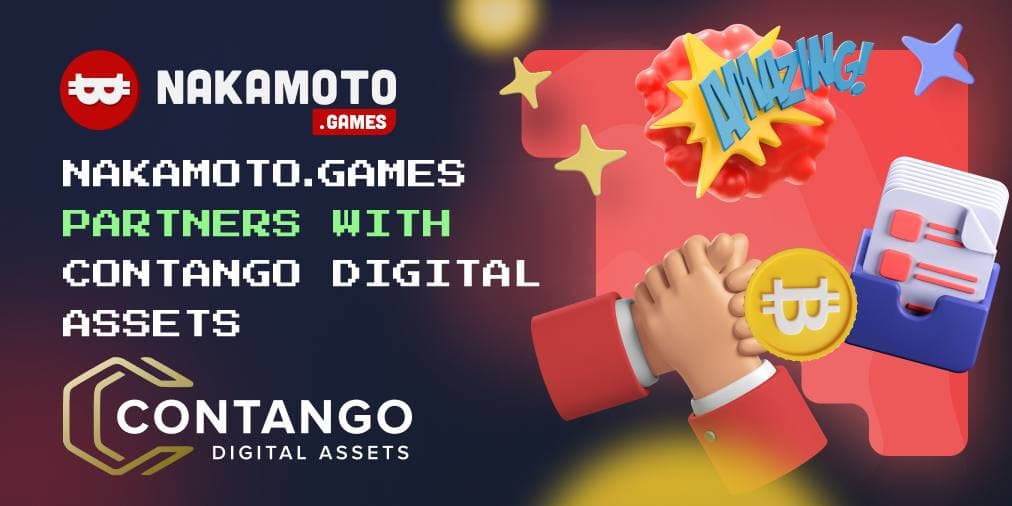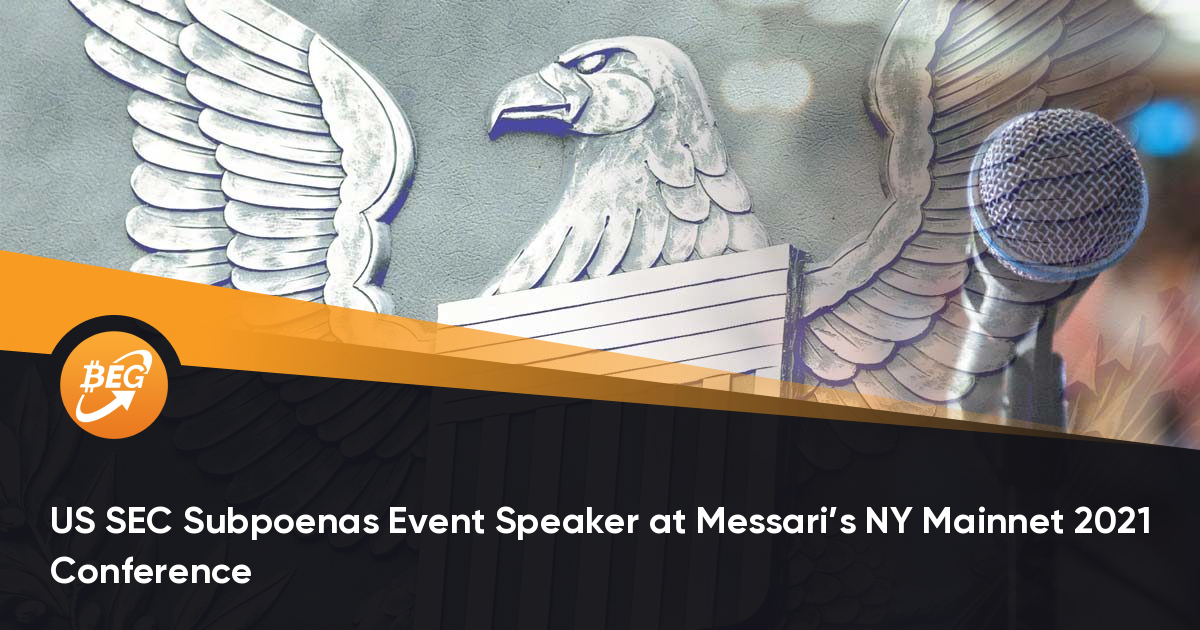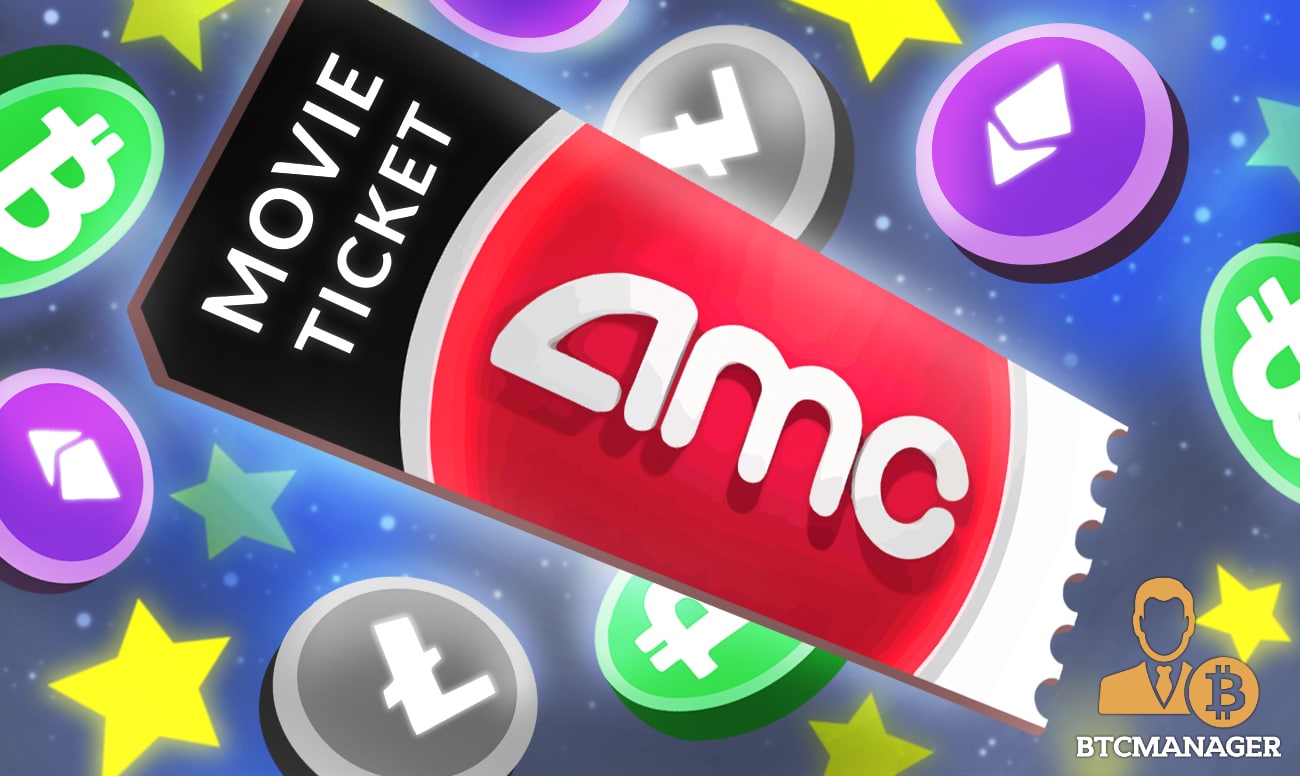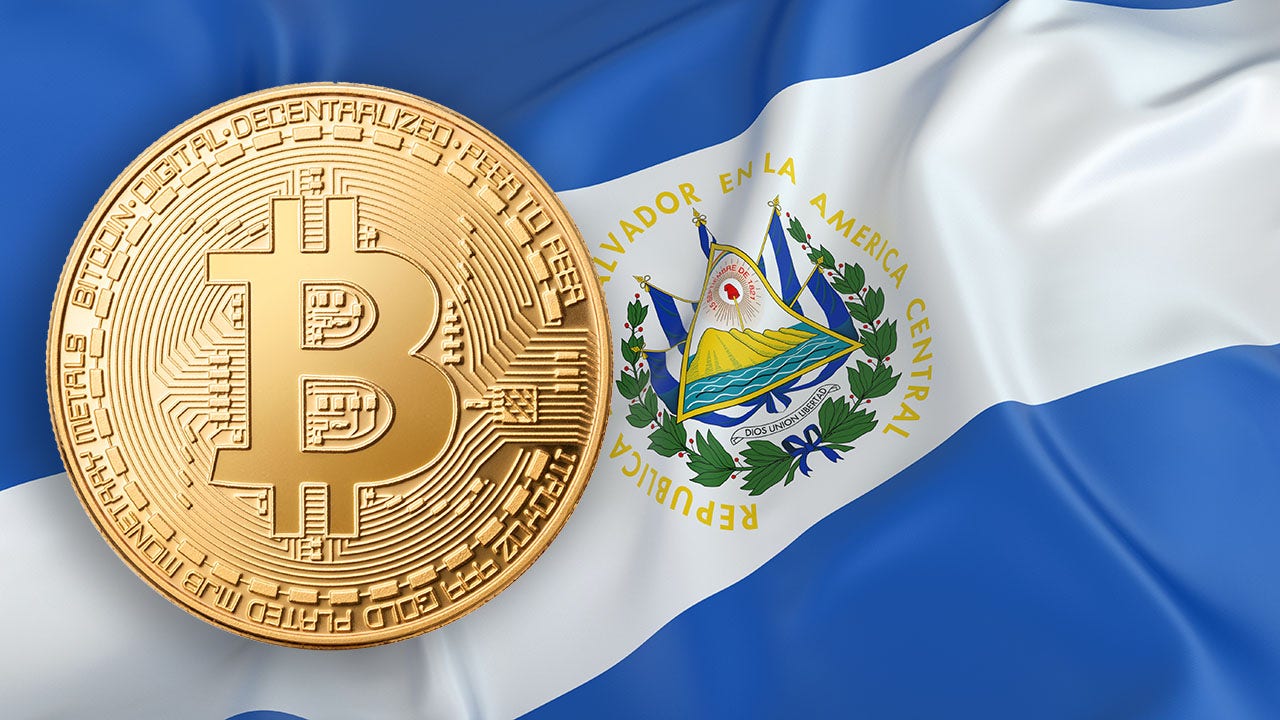Last Tuesday, September 7th will now forever be remembered as Bitcoin day as it marked the first-day legislation came into effect for Bitcoin to become legal tender in El Salvador. The central American country became the world&39s inaugural nation to make Bitcoin (BTC) legal tender and official alternative currency. Proponents of digital money, including the nation&39s leader Nayib Bukele, believe that the new policy is certainly revolutionary, ground-breaking, and historic to say the least.
However, it must be said that the first several hours of Bitcoin&39s legal status in El Salvador were hampered by technological issues and glitches when the government launched its digital wallet software to the residents in the beginning. Still, the significance of this recent decision to legalize the flagship cryptocurrency cannot be understated, and while Bitcoin might currently be in a dip, the country's government is hopeful that this was the right move and has hence bought even more BTC.
Why did El Salvador do this?
President Bukele has stated that legalizing Bitcoin will encourage investment in the nation and benefit the nearly 70% of the country&39s citizens who lack access to conventional financial services. The leader added that there is both a need and a desire to break free from the norms of the past and that El Salvador has earned the right to progress into the developed world. Furthermore, per the decree of the nation's leader, all businesses will now be required to accept Bitcoin, however, there will be a choice to receive either USD or BTC regarding the settlement of various transactions.
President Bukele had additionally stated that utilizing Bitcoin would be an efficient method to transmit considerable amounts in remittances that Salvadorans residing outside the nation send back to their homeland annually. In related news, El Salvador&39s government also reportedly has 550 BTC at the moment, with the country&39s other official currency being the United States Dollar (USD).
Not Everyone is on Board
While there were expectedly some technological challenges such as glitches and minor hiccups when citizens started actually using BTC that are still being resolved, the fact remains that not everyone has been supportive of the decision to legalize Bitcoin. However, most of the protestors have stated that the primary reason as to why there is so much anti-Bitcoin sentiment is because a sizable portion of the country's residents does not know the first thing about the flagship cryptocurrency, or the cryptocurrency industry in general. President Bukele has nevertheless stated that education-based efforts will be administered in order to remedy this situation.
Furthermore, both the IMF and the World Bank have been hesitant to support the new decision, especially the former as the International Monetary Fund believes that legalizing Bitcoin could jeopardize the country&39s ties with the global organization.
Moreover, according to CNN, judges are chosen by El Salvador&39s parliament, which itself is largely governed by Bukele&39s party, declared this past Friday that the president may run for a 2nd term in 2024. According to a few analysts, this is reportedly prohibited by the national constitution. The decision, according to the U.S Embassy in El Salvador, &lsquosets a dangerous precedent and further erodes El Salvador&39s worldwide reputation as a liberal and reliable partner in the area'.
Meanwhile, other nations in the surrounding regions have expressed their support for the decision, and even Edward Snowden has praised El Salvador's efforts in legalizing Bitcoin.

